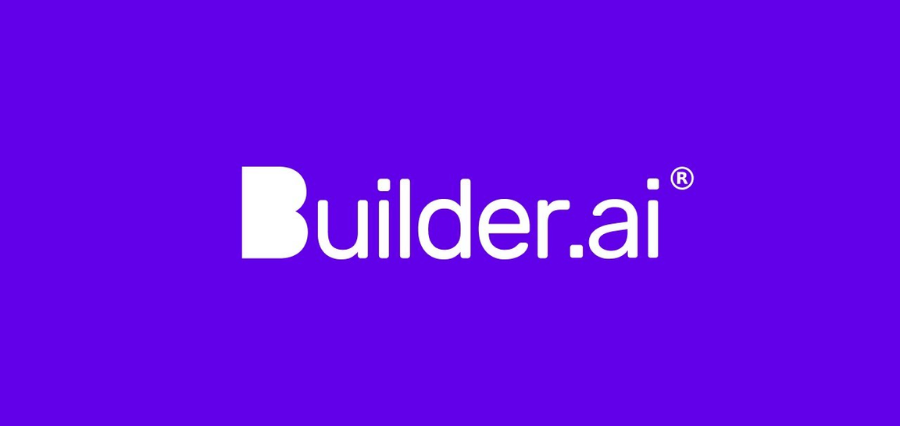Prime Highlights:
- Microsoft-backed AI software firm Builder.ai has gone into insolvency proceedings amid extreme financial and leadership crises.
- The firm defaulted on substantial debts and can no longer cover payroll or operating costs.
Key Facts:
- Builder.ai owes Amazon $85 million and Microsoft $30 million.
- Revenues for 2023 were reduced to $140 million.
- CEO Sachin Dev Duggal stepped down but stayed on the board, and new management found financial discrepancies.
Key Background :
Developer.ai, a former promising London AI startup, has begun insolvency procedures following a series of money and management crises. Though it managed to attract prominent investors like Microsoft and Qatar Investment Authority, the business was unable to continue due to internal mismanagement, overstated revenues, and piling debt.
Established to make software development easier using AI-based tools, Builder.ai was lauded for app-making for non-tech users. But the cracks in the foundation of the company had begun to show in late 2024 when revenues for the first half were trimmed by 25%, and the earlier revenue for 2023 had to be restated to $140 million—a huge downward revision.
Founder and former CEO Sachin Dev Duggal resigned earlier this year but kept his board seat and ceremonial title of “chief wizard.” His tenure was increasingly under fire, particularly after he was listed in a Indian criminal probe, although he denied any misdeeds. Duggal’s departure did not stop the bleeding, as new CEO Manpreet Ratia joined in March 2025 only to find the company’s dire financial situation.
Builder.ai had a mere $7 million in cash available when Ratia was appointed. Builder.ai had previously raised $75 million in equity from shareholders and taken a $50 million credit line, but this was insufficient to compensate for the company’s huge liabilities—$85 million to Amazon and $30 million to Microsoft. There were additional legal claims and inadequate cash flow management that siphoned resources.
Ratia notified staff on a company-wide call that Builder.ai’s lead US-headquartered entity, Engineer.ai Corporation, would start formal insolvency proceedings. He disclosed creditor actions had resulted in the freezing of the company’s accounts, with them now unable to pay wages or keep operations running.
Builder.ai’s collapse has sparked concern in the tech and investment community, particularly over due diligence by major investors in high-growth AI firms. The company’s rapid fall from grace stands as a cautionary tale about the importance of sustainable growth, transparency, and financial governance—even in the fast-moving world of artificial intelligence startups.





